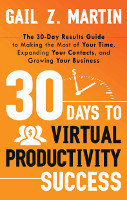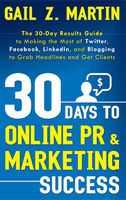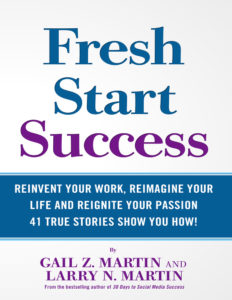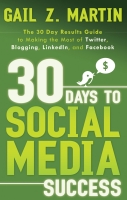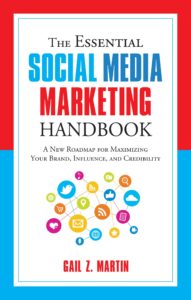Opportunities are the life-blood of entrepreneurship. Yet sometimes, we work ourselves into situations where we are too busy to seize opportunities that fall into our laps. I was talking with a client who had several tremendous opportunities sitting in front of him—introductions to large potential clients, chances to build a profitable downstream of sales, and ideas to lock in substantial passive revenue, including the implementation of an automated payroll system with the help of professionals. He knew he should be pursuing all of these opportunities, but he was just too busy with the day-to-day operations to get to it.
Busy is good—except when it makes you sell yourself short.
Whether your challenge is finding the time to market your company or clearing room on your calendar to land a new business deal, you’re shortchanging yourself if you aren’t putting your priority where it belongs—on the things only you can do.
Entrepreneurs hate to delegate. We’re a hands-on bunch, and because that worked in the early start-up days, we hesitate to let go of the reins as the company grows. But when you become the bottleneck in your own company, you slow the growth that you can attain. When you realize that opportunities are slipping out of your grasp, it’s time to delegate.
Does that mean hiring full-time staff? Not necessarily. Today’s economy offers a wealth of highly skilled contract workers who can work in-office or virtually. Figure out the number of hours it takes you to do a job that isn’t the best use of your time (like filing, filling out forms, doing research, updating databases, updating your web site, etc.) Factor in some extra time at first for your new hire to get up to speed, and make sure to allot some of your own time for educating and handing off the task. Failure to fully explain what to do and what is expected is a recipe for failure.
Is it scary to hand off tasks to others? Yes, at first. Will mistakes be made? Probably—but you make mistakes yourself, and you’re likely to make more of them when you’re stretched thin. Soon your new system will be working so well you won’t know how you functioned without it. Not only does it free up time for you to pursue opportunities, but as those opportunities land, you’ll have more projects and more work for your new team to help with.
Free yourself by learning to delegate and watch opportunities turn into reality.


